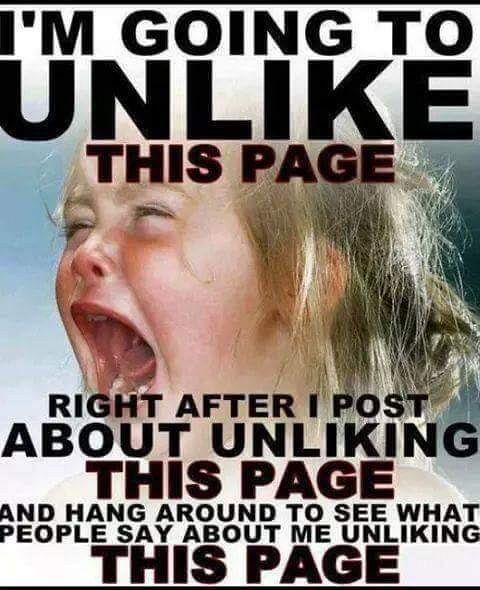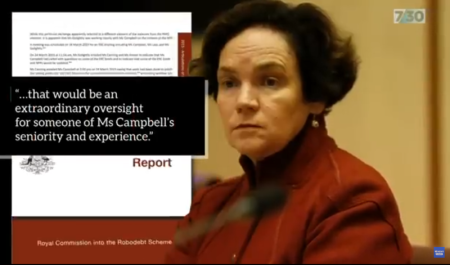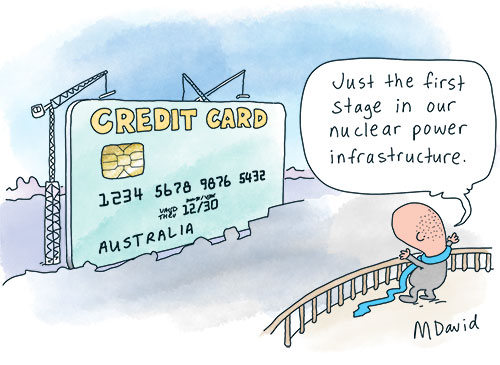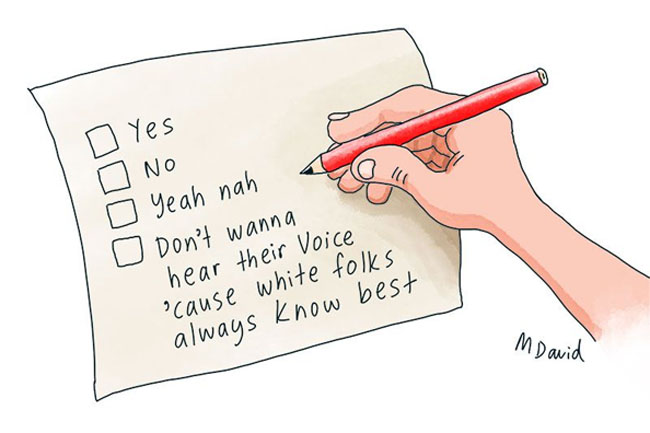Like road rage, social media rage can have far-reaching and devastating consequences, writes Michael Galvin.
LIVING IN MELBOURNE, I spend a fair amount of time in heavy traffic. It is frequently an infuriating experience.
Another car cuts in front. “Idiot”, I say. A maniac in a transformer truck is tailgating me at 100 kmh on a frenzied freeway. I mutter another swearword under my breath, feeling like I really do hate this jerk for a few moments.
These feelings of anger and hatred pass quickly and nothing happens. But as we know, road rage does sometimes happen. Motorists do sometimes get out of their cars and attack other drivers.
What has this to do with social media?
On the roads, there is a gap between visceral emotion and subsequent behaviour towards other people who have enraged us because of their stupidity. On social media, there is no such intervening gap between impulse and behaviour. What someone feels in the heat of the moment can be public knowledge almost instantaneously — there is no time for second thoughts. Acting on impulse is all that is required. It is as if my murderous thoughts about an idiot on the highway are instantly transferred to the other driver’s brain.
Impulse control is often non-existent on social media and it is turning what is now a major channel of political discourse into a fetid swamp of "alternative facts", general hatefulness and disgusted withdrawal from the public sphere. It is an affliction of the Left just as much as of the Right.
As many people reading this site will know, it is not a very pleasant experience being abused online by a complete stranger, even when writing under a pseudonym.
In a recent article, for instance, I made a comment to the effect that whatever respect I had for Treasurer Josh Frydenberg was rapidly dissipating as a result of his decisions and utterances of the past 12 to 18 months. Yes, I used to have some respect for him. I do not consider all Liberals, or all conservatives, to be corrupted from birth.
In fact, in my 70 years of life, I have seen no great moral difference between people on the basis of ideology. No matter what position on the political spectrum you occupy, it is possible to be just as selfish and mean as everyone else, or not, as the case may be. This is not meant as an argument for the equivalence of the two major parties. Most Coalition policy is repugnant and wrong, in my opinion.
Anyway, within seconds, a reader had informed me and the world that I must have been born a moron. How could anyone be so stupid as to think that Frydenberg would ever have been worthy of any respect? Despite my being fairly insensitive to criticism, this gratuitous insult from a stranger was painful to read. While I could have engaged in “debate”, my reaction was to withdraw. It just wasn’t worth arguing with the logic of that position, such as it was.
Another example was on a friend’s Facebook page a few days before the recent Victorian State Election. Someone made the vilest allegation about a political party she obviously hates — so sickening that I am not going to describe it here. (The issue involved the Greens and Labor parties, it does not matter which, in terms of the point of this piece.)
My politically active Facebook friend has hundreds of friends and more than 90% of them would be Labor or Green. To use his page to make a vile accusation about either party seems to me to be the epitome of disrespect for everyone else following his page.
If you disrespect someone, how can you ever expect them to listen to you, let alone persuade them to change their mind?
While I have no doubt that some people do see political opponents as enemies, whether because of personal psychological reasons or for genuine political reasons. It is also of note that some 17% of the general population suffers from some form of impulse control disorder (further information available here) and 40% of Australian adults drink regularly each week, thereby being more likely to be disinhibited (one of the purposes of alcohol, after all). In other words, much online social abuse might be coming from up to half the population who may be affected, permanently or temporarily, with a lack of impulse control.
My argument is that a democracy cannot survive a process of division based on seeing opponents as enemies. There is plenty of history to show that governments which treat opponents as enemies eventually end up trying to liquidate them. Insofar as we wish to persuade people who voted Liberal at the last election to change their minds and vote Labor or Green at the next, or vice versa, they cannot be treated with disrespect.
And disrespect is a prevalent currency at the moment, the perfect role model for which is the current President of the United States.
Michael Galvin is an adjunct fellow at Victoria University and a former media and communications academic at the University of South Australia.
 This work is licensed under a Creative Commons Attribution-NonCommercial-NoDerivs 3.0 Australia License
This work is licensed under a Creative Commons Attribution-NonCommercial-NoDerivs 3.0 Australia License
Support independent journalism Subscribe to IA.












